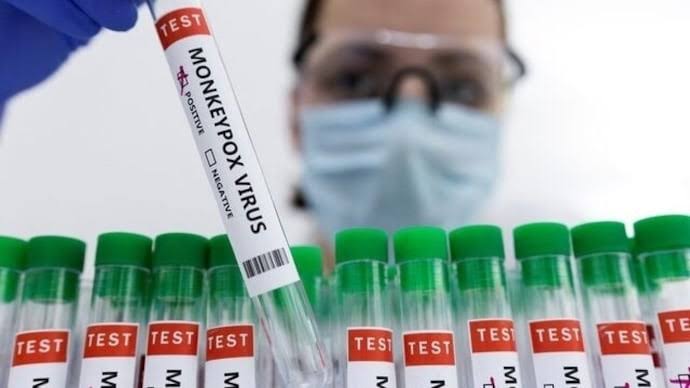On Thursday, the Democratic Republic of Congo announced that the mpox outbreak has led to 548 deaths this year. This comes as Sweden reported its first case of the virus’s more dangerous variant outside Africa. The World Health Organization (WHO) declared the situation a global public health emergency, expressing concern over the increasing number of cases in the DRC and its spread to nearby countries.
DRC Health Minister Samuel-Roger Kamba shared in a video message that the country has identified 15,664 possible cases and 548 deaths since the start of the year, with all provinces affected. The most severely impacted provinces include South Kivu, North Kivu, Tshopo, Equateur, North Ubangi, Tshuapa, Mongala, and Sankuru. The government has introduced a national vaccination plan for mpox and is stepping up disease monitoring at borders and checkpoints. Additionally, new task forces have been created to enhance contact tracing and mobilize resources to control the epidemic.
In Sweden, the Public Health Agency confirmed a case of the Clade 1b variant of mpox, which has been spreading in the DRC since September 2023. The infected individual, who received care in Stockholm, had visited an area in Africa with a significant outbreak. Despite this case, the European Centre for Disease Prevention and Control (ECDC) considers the risk to the general public to be very low.
The US Department of Health announced it will send 50,000 doses of the FDA-approved JYNNEOS vaccine to the DRC, underscoring the critical role of vaccination in addressing the outbreak. Danish pharmaceutical company Bavarian Nordic is preparing to produce up to 10 million doses of its mpox vaccine by 2025.

This WHO declaration follows a similar emergency declaration by the African Union’s health agency due to the worsening outbreak. The virus, previously known as monkeypox, was first identified in humans in 1970 in what is now the DRC.
Mpox is a viral infection that can spread from animals to humans and also through close contact between individuals. It is marked by symptoms including fever, muscle pain, and large, boil-like skin lesions.
In May 2022, a significant global outbreak occurred, mainly affecting gay and bisexual men, due to the clade 2b subclade. The World Health Organization (WHO) responded by declaring a public health emergency, which lasted from July 2022 to May 2023. This outbreak, which has mostly resolved, resulted in about 140 deaths among approximately 90,000 cases.
Currently, the clade 1b subclade, which has been rapidly spreading in the DRC since September 2023, is associated with more severe disease and a higher death rate than the clade 2b.


